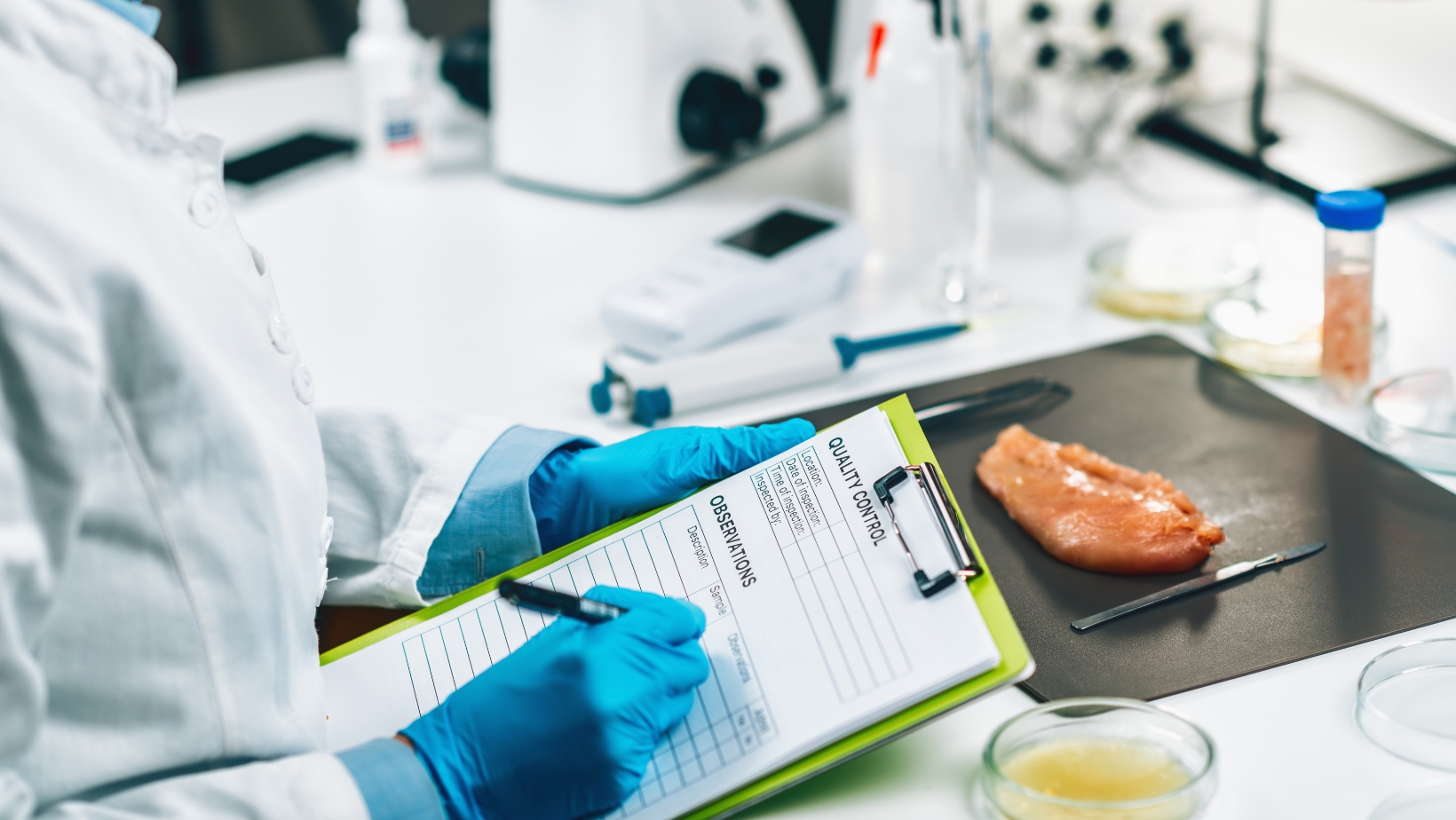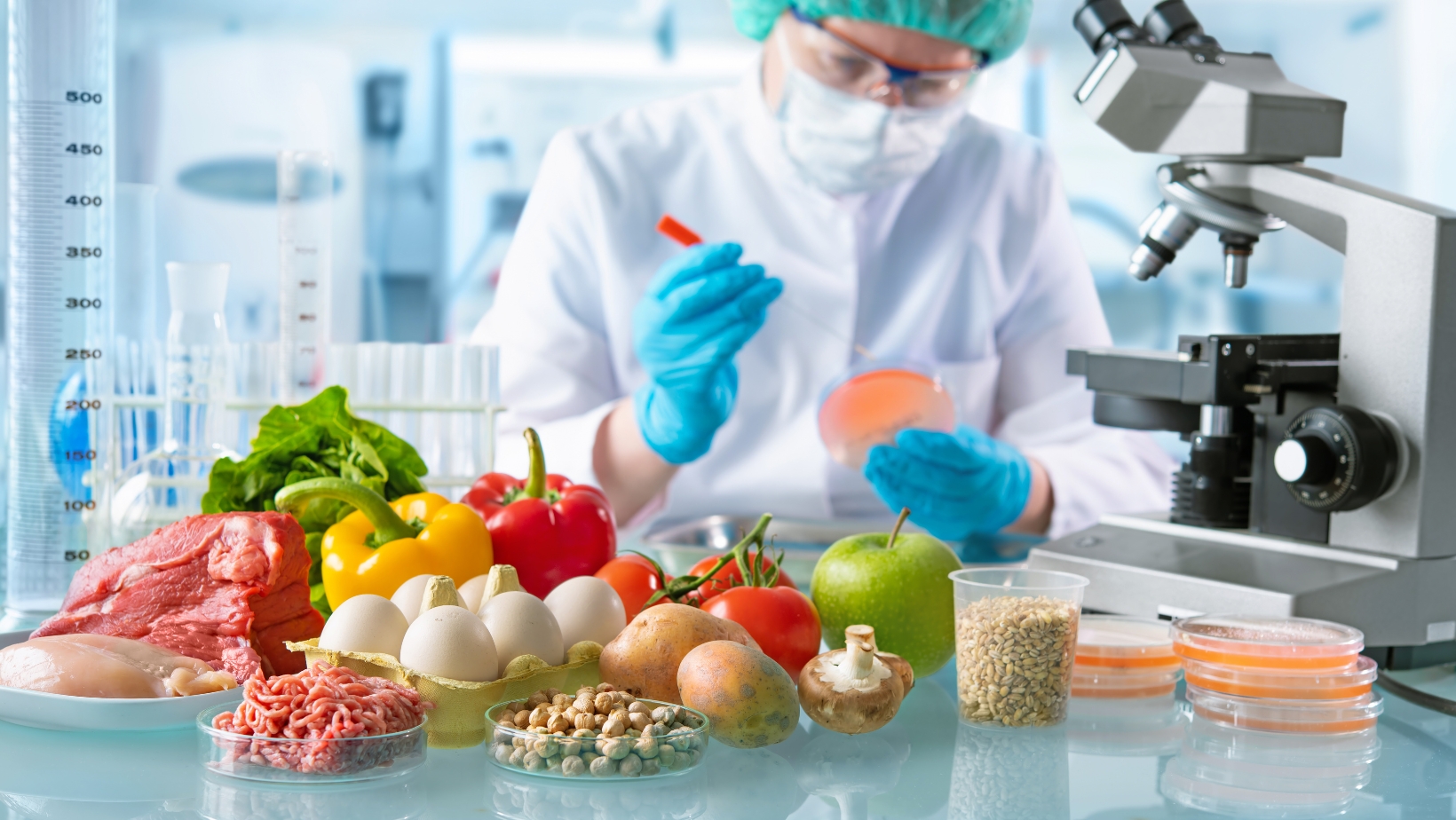When it comes to ensuring the safety of our food, knowledge is key. That’s why understanding food safety exam questions and answers is so crucial. Whether you’re preparing for a certification or simply want to enhance your understanding of best practices, having access to accurate and reliable information is essential.
In this article, I’ll provide you with valuable insights into common food safety exam questions and their corresponding answers. From basic hygiene principles to proper handling and storage techniques, we’ll cover a range of topics that are frequently tested in these exams. By familiarizing yourself with these questions and mastering the correct answers, you’ll be equipped with the necessary knowledge to maintain high standards of food safety in any setting.
Table of Contents
Food Safety Exam Questions and Answers
Commonly Asked Food Safety Exam Questions
When it comes to food safety exams, there are certain questions that tend to come up more frequently than others. Familiarizing yourself with these commonly asked questions can help you prepare and feel more confident on exam day. Here are a few examples:
- What is the temperature danger zone for perishable foods? The answer is 40°F to 140°F (4°C to 60°C). This range is where bacteria can multiply rapidly, posing a risk of foodborne illnesses.
- What are the four basic principles of food safety? These principles include:
- Clean: Ensuring proper hygiene practices during food handling and preparation.
- Separate: Preventing cross-contamination by separating raw meats from other foods.
- Cook: Cooking foods thoroughly to kill harmful bacteria.
- Chill: Refrigerating or storing perishable foods at safe temperatures.
- How long should you wash your hands before handling food? The recommended duration for handwashing is at least 20 seconds using warm water and soap. Proper hand hygiene is crucial in preventing the spread of bacteria.
Remember, preparing for a food safety exam requires dedication and thorough understanding of the subject matter. By familiarizing yourself with commonly asked questions, studying diligently, and implementing effective test-taking strategies, you’ll be well-equipped to tackle the exam confidently.

Key Concepts in Food Safety Exams
In the realm of food safety exams, there are several key concepts that aspiring professionals must grasp to ensure the safe handling and preparation of food. These concepts serve as the foundation for understanding and implementing proper practices in various food establishments. Let’s delve into some essential topics that frequently appear in food safety exam questions:
- Hazard Analysis Critical Control Point (HACCP): HACCP is a systematic approach used to identify, evaluate, and control potential hazards throughout the food production process. It involves analyzing each step, from sourcing ingredients to serving the final product, to prevent contamination or other risks.
- Foodborne Illnesses: Understanding common types of foodborne illnesses is crucial for ensuring consumer safety. Exam questions may cover pathogens like Salmonella, E.coli, norovirus, or listeria monocytogenes, along with their symptoms and prevention methods.
- Personal Hygiene: Maintaining personal hygiene is vital for preventing contamination during food handling. Exam takers should be well-versed in proper handwashing techniques, appropriate attire such as gloves and hairnets when necessary, and avoiding behaviors like touching the face or hair while working with food.
- Cross-Contamination: This concept revolves around preventing the transfer of harmful substances from one surface or ingredient to another. Questions on cross-contamination often focus on separating raw and cooked foods properly, using separate cutting boards for different ingredients, and avoiding contact between utensils used for raw meat and ready-to-eat foods.
- Temperature Control: Temperature plays a critical role in preventing bacterial growth in perishable foods. Exam candidates should understand safe temperature zones for storing various types of food (e.g., refrigeration or hot-holding), as well as proper cooking temperatures to eliminate harmful bacteria.
- Allergen Management: With an increasing number of individuals having allergies or intolerances, ensuring proper allergen management is vital. Questions may cover topics such as identifying major food allergens, preventing cross-contact with allergenic ingredients, and appropriate labeling practices.
- Cleaning and Sanitizing: Proper cleaning and sanitizing procedures are essential for maintaining a hygienic environment in food establishments. Exam takers should be familiar with the difference between cleaning and sanitizing, as well as the appropriate use of cleaning agents, sanitizers, and equipment.
Understanding these key concepts will not only help you pass your food safety exams but also equip you with the knowledge to promote safe food handling practices throughout your career. Remember to stay updated on current regulations and guidelines to ensure continuous improvement in food safety standards.
Vanita, the Editor and Learning Advocate at Faspe, emerges as a relentless champion for the joy of learning. With a keen understanding of the ever-evolving educational landscape, she dedicates herself to sourcing materials that ignite curiosity and foster growth. Vanita’s remarkable talent for pinpointing resources that resonate with students, coupled with her commitment to guiding parents through the educational odyssey, establishes her as an indispensable asset in the pursuit of enriching education.






